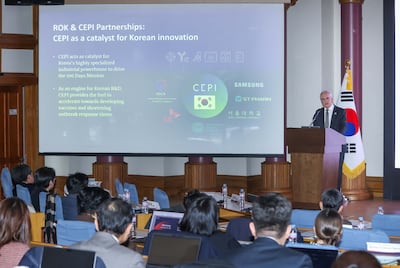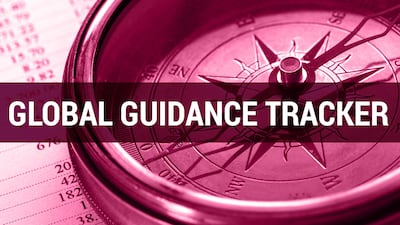Asia
The US-India dance around pharma goes on as they announce a trade deal framework that continues to exempt generics from the reduced 18% tariffs till a “negotiated outcome” is reached post a Sec. 232 investigation. However, oil imports from US could increase costs for Indian pharma makers
A new report identifies opportunities to implement the 3Rs principle in India, calling for a waiver of redundant animal testing for generics and NCEs/NBEs and alignment with global regulatory frameworks. Will India shift gears to adopt harmonized NAM-first policies?
The trade association Medicines Australia has set out key priorities for the government’s upcoming budget announcement in light of worsening access to innovative medicines for Australian patients.
At a recent discussion in South Korea, CEPI and other participants explored ways to discover new health cooperation models that go beyond traditional aid approaches and to strengthen Korea’s role.
Europe
Improving patient recruitment speed will determine the future of the UK’s clinical trials landscape, experts argued at a webinar on the next steps for clinical research in the country.
External reference pricing is one of several drug pricing control measures used by a number of countries to contain drugs prices.
The UK-US trade deal offers the “the most encouraging signs the industry has seen for many years,” but UK companies had little influence over it and details are still scarce, according to one industry expert.
Sponsors are increasingly using Bayesian methods in clinical trials, prompting the European Medicines Agency to evaluate how it can address a lack of “clarity” around when this is acceptable.
International
Stay up to date on regulatory guidelines from around the world with the Pink Sheet’s Guidance Tracker. The complete Global Pharma Guidance Tracker, with sortable and searchable listings going back to 2014, is available online.
The Pink Sheet highlights recent comments and insights from pharma officials and executives on key issues we are covering.
Using artificial intelligence in drug discovery and development could have huge benefits for companies, but a key challenge will be addressing how data is used to train AI tools and managing intellectual property issues, says Clifford Chance’s Stephen Reese.
As healthcare shifts rapidly into the home, clinical trials are only beginning the long transition needed to keep up.
Latin America
The Brazilian government wants to boost the country’s capabilities to develop radical innovation that leads to new therapies for the national health system.
Two major EU trade agreements are on hold, with ramifications for the pharmaceutical market.
Brazilian authorities say that some pharmaceutical companies exploit court cases brought by patients to secure drug access to achieve higher prices.
Brazil’s new drug pricing rules, which come into force in April, are intended to better recognize incremental innovation and give more predictability to the pricing of biosimilars.
Middle East & Africa
A new reliance pathway under which regulators will rely on each other’s assessment reports strengthens the goals of key continental health initiatives, including the newly formed African Medicines Agency.
Drawing on around 60 years of experience, the European Directorate for the Quality of Medicines & HealthCare will help the newly formed African Medicines Agency develop robust quality control systems.
The Medicines Control Authority of Zimbabwe has begun to publish public assessment reports for medicines it approves or rejects, in line with the World Health Organization’s highest maturity level benchmarking.
The Medicines Control Authority of Zimbabwe has begun phasing in mandatory package labeling requirements based on GS1 identification standards. It aims to improve the traceability of medicines throughout the entire supply chain.
North America
The online health platform relented after the Health and Human Services general counsel referred the company to the Justice Department to investigate potential violations of the Food, Drug and Cosmetic Act.
Richard Pazdur plans to remain involved in drug development after leaving the FDA.
Obesity will continue dominating the cadiovascular, renal and metabolic field in 2026, but the US FDA's Commissioner's National Priority Voucher program could disrupt the user fee calendar throughout the vast sector.
As the FDA sees another quarter with a net loss of employees in CDER and CBER, Pink Sheet editors discuss the potential impact and where it could manifest.
























